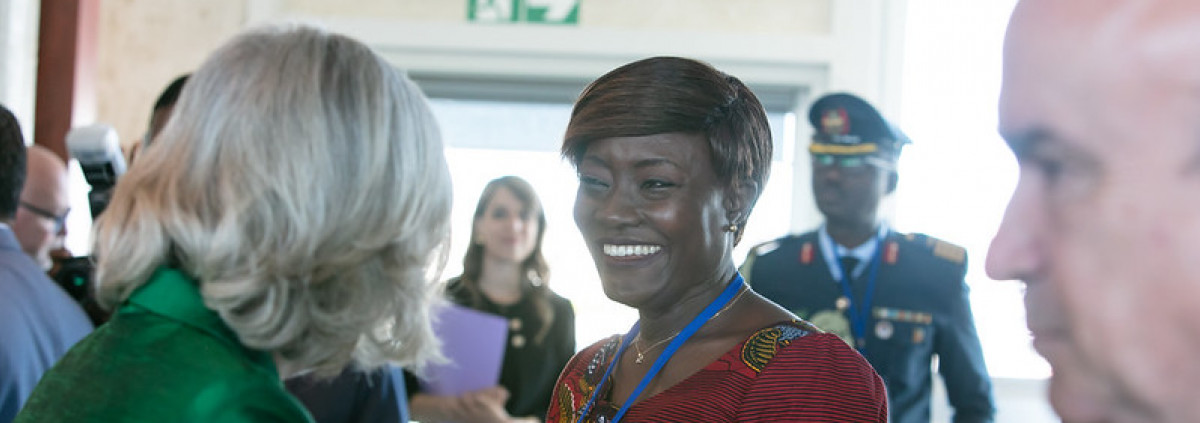Welcome!
Welcome to the discussion on financing of education. The discussion ensures engagement and is open to all. To get involved in the discussion, sign up, create your log in and share your thoughts below ⬇
Discussion paper
This paper brings together the latest on financing of education.
Key Issues/Strands
- Adequate and sustainable financing matched to country needs
- Equity and efficiency of spending on education

Matthew Aruch Thank you for your feedback. We will definitely take your input into consideration.